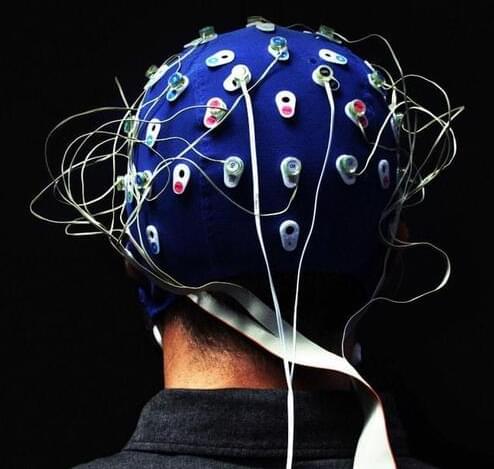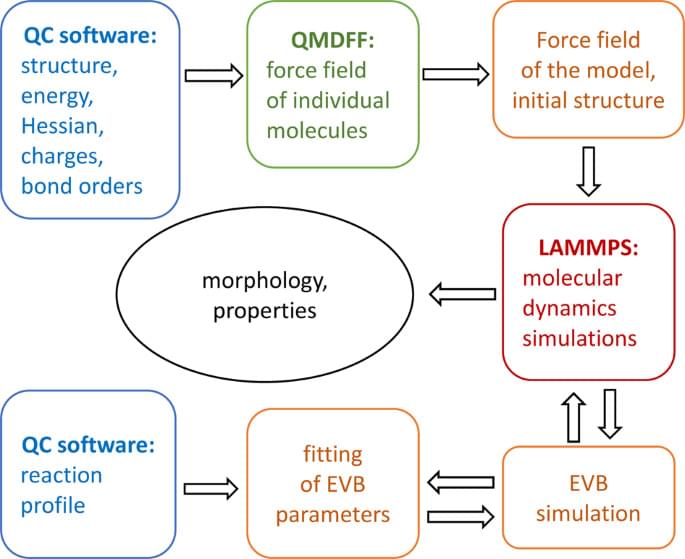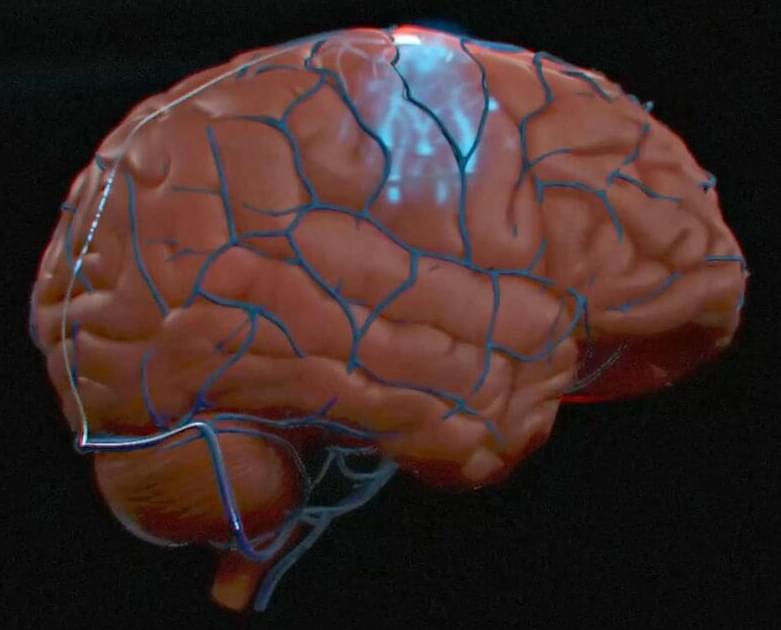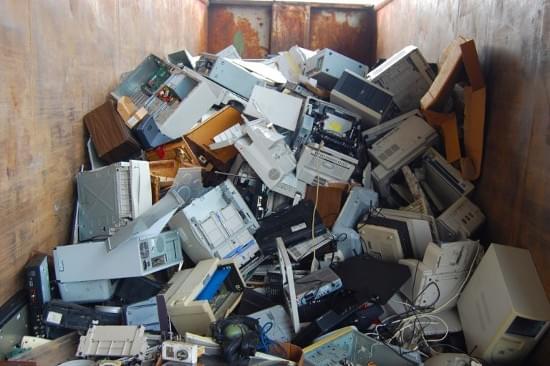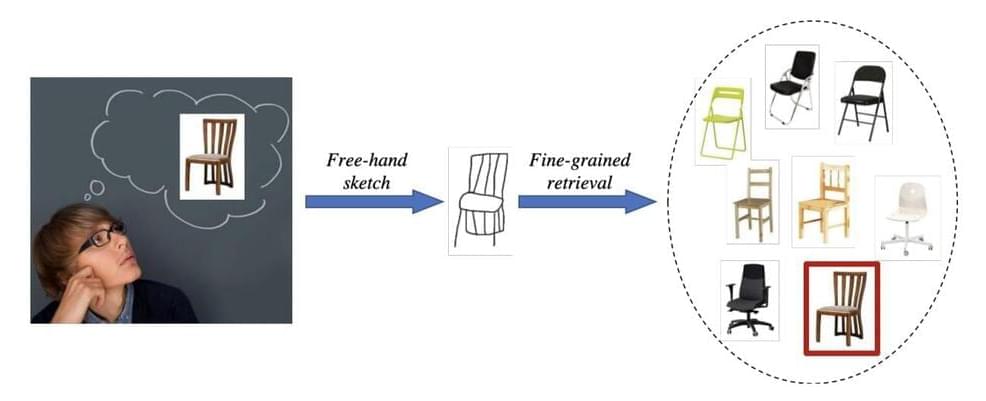Metamaterial Space Applications:
In this presentation I will talk about nanophotonics, more specifically metasurfaces – subwavelength patterned surfaces – and explain how this can be used for space applications. As recently displayed by the stunning images from the James Webb space telescope, we often rely on recording the intensity of light (e.g. with a camera) to study the universe. However, light fundamentally has several additional degrees of freedom which can carry information, e.g. polarization, phase, and spectral content. While it is true that many conventional optical components can address these degrees of freedom individually (e.g., polarizers, phase retarders, and filters), metasurfaces enable general manipulations of phase, amplitude, and polarization on the nanoscale, thereby providing ample opportunity to create new versions of existing components and even enable functionality not possible using conventional technologies. In the presentation I will cover several examples of metasurfaces I have been working on and explain their relevance for space applications. I will attempt to explain the working principles, why metasurfaces can be useful, as well as how we fabricate metasurfaces in a cleanroom.
About the speaker: Dr. Tobias Wenger is a postdoc at JPL’s microdevices laboratory (MDL) where his main efforts relate to nanophotonics — light at the nanoscale – and how we can engineer structures and components in order to control light in new ways. Tobias received his PhD from Chalmers University of Technology, Sweden, where he worked on understanding the physical properties of plasmons in graphene.
At JPL, Tobias is applying his knowledge of subwavelength electromagnetics to design metasurface-based optical components, mainly for infrared wavelengths. Metasurfaces are a novel approach to optics which uses subwavelength elements for controlling the phase, amplitude and polarization of transmitted and/or reflected electromagnetic radiation. Tobias research interests intersect optics, computational electromagnetics, and microfabrication and he enjoys both the practical and theoretical aspects of this work. During his postdoc time at MDL, he has worked on metasurface-based optical concentrators, IR detectors, plasmonic filters, wavefront sensing, and grating replication.

